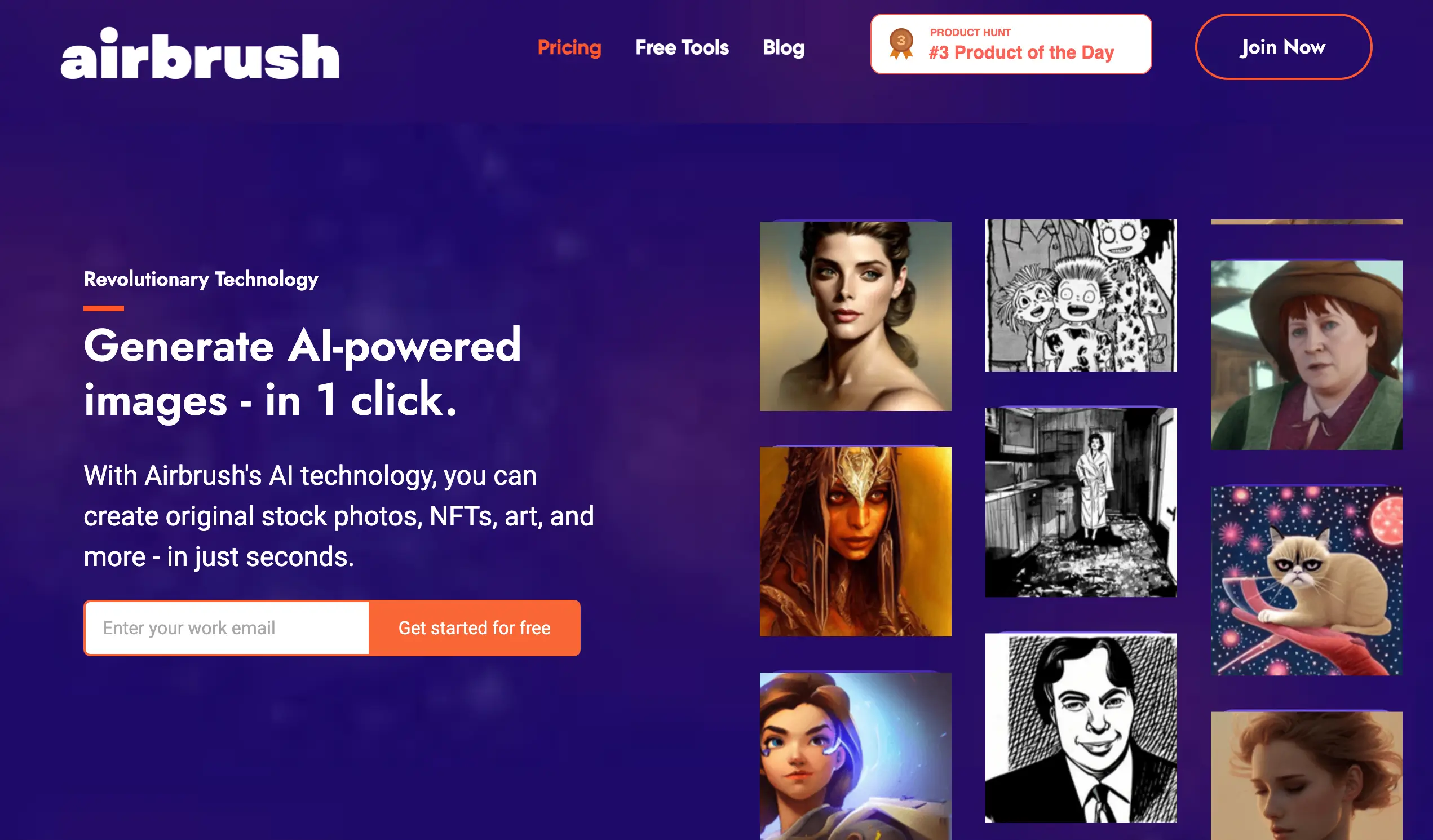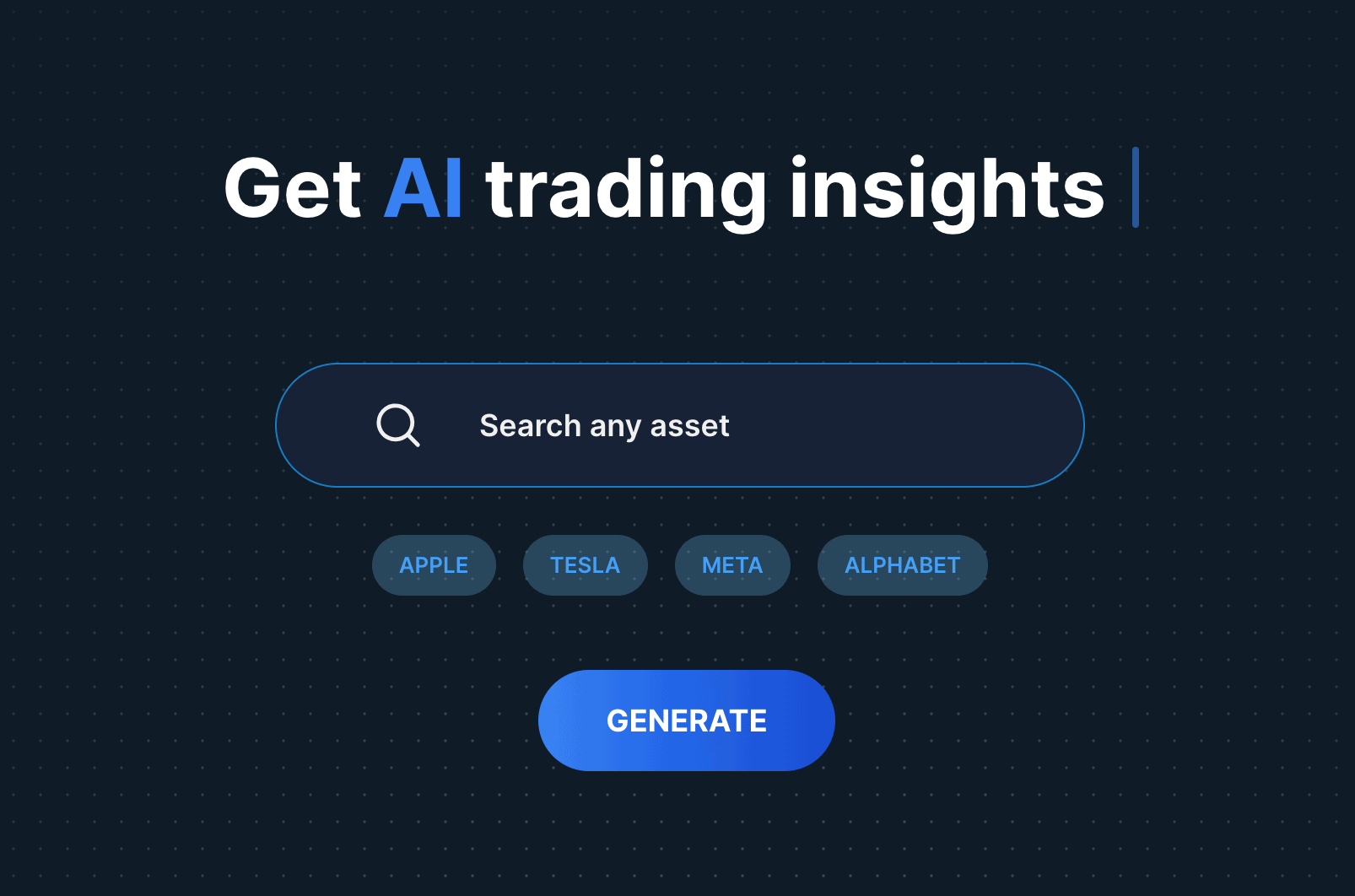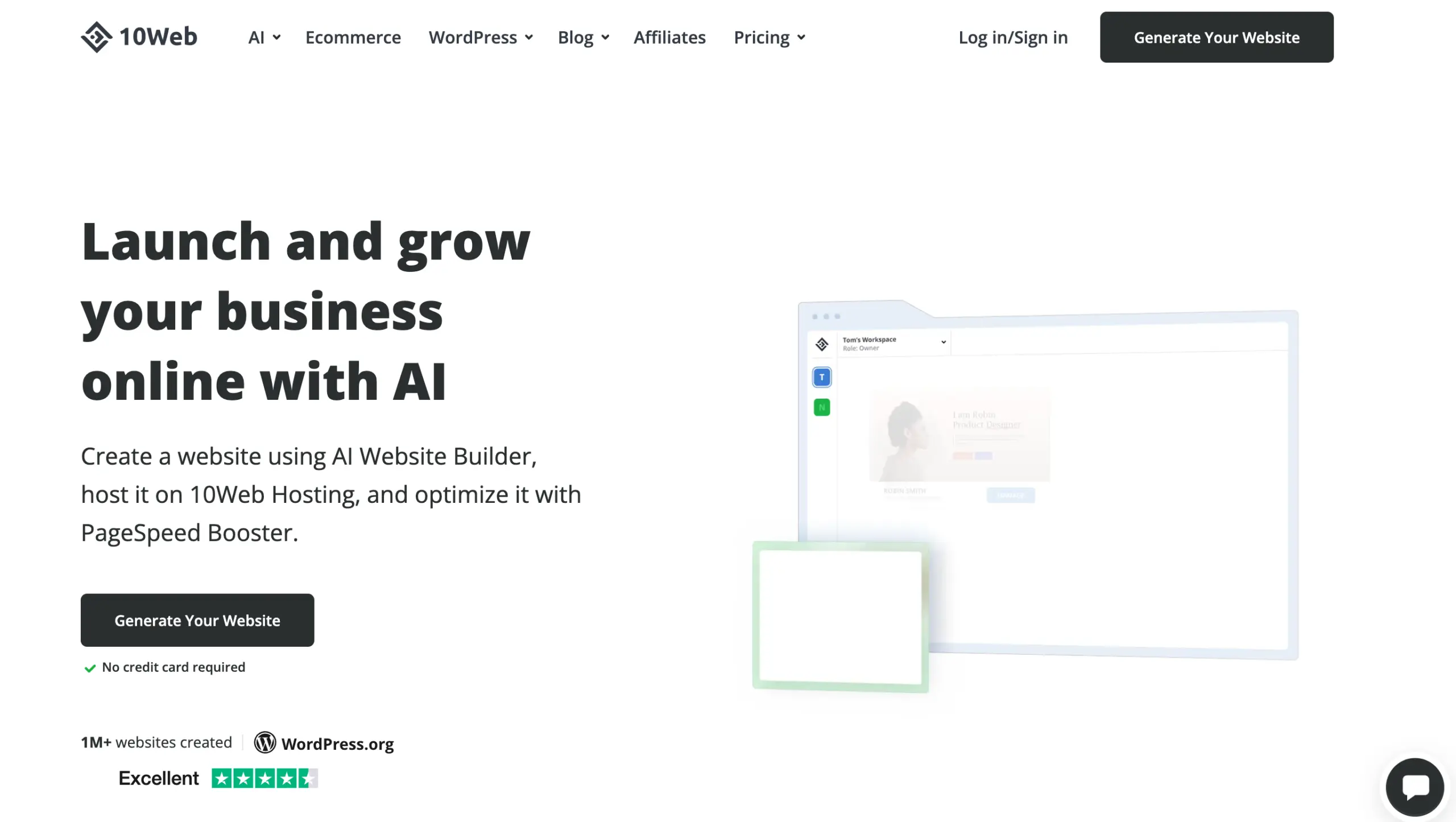Explore more than 100+ AI tools
Unlock the power of AI tools and transform your business and personal productivity.
Browse popular AI tools
Featured articles
Explore our AI knowledge universe, where we delve into the endless possibilities of artificial intelligence and its impact on our world. From understanding the basics of machine learning to exploring the latest AI tools and applications, our blog is your go-to resource for everything AI-related.Whether you’re an AI enthusiast, a curious learner, or a business owner looking to incorporate AI into your operations, our blog has something for you.

The 30 Best Fun and Creative Custom GPTs
Custom GPTs hold a lot of potential. They can also be put to many productive uses today. In this article, let's forget about all that. Instead, we'll explore custom GPTs tailored to various fun, creative, interesting, and intriguing purposes. From conversational AI's...

The 8 Best AI Video Generators for 2024
Do you ever think that you spend too much time shooting and editing videos? Even creating the smallest forms of video content can be a time-consuming task. But we do it anyways, because people love video content; whether it’s in marketing, education or just for fun -...
AI tool deals
AI tool of the week
10Web
Our AI tool of the week is 10Web! 10Web is simply put one of the best AI website builders on the market. We’ve tried it, and we’re impressed; with 10Web, we managed to create. a fully functional website for our example business in just 2 minutes! Besides website building, 10Web offers optimization (for speed), hosting and even site migration to WordPress. Once your website is built you gain access to a theme builder, similar to Elementor, so you can customize as much as you want. We highly recommend this too!
Curious about AI? So are we.
Get carefully curated and handpicked AI tools, exciting news and developments in the field of articial intelligence and much more.
Lost in vast sea of AI tools?
Feel free to reach out!
The world of artificial intelligence is moving at rampant speed, with hundreds of new conversational AI tools launching every month – so it is easy to get lost in enourmous amount different possibilites. We strive to be the guiding light in this vast sea.
Frequently Asked Questions
What is an AI tool?
An AI tool is a software program that uses artificial intelligence techniques to perform specific tasks. These tasks can range from natural language processing and image recognition to data analysis and decision-making. AI tools are designed to process large amounts of data and identify patterns and insights that can help businesses make better decisions, automate processes, and improve efficiency. Some common examples of AI tools include chatbots, predictive analytics software, speech recognition software, and machine learning algorithms. These tools can be used in a wide range of industries, including healthcare, finance, retail, and manufacturing, to name just a few.
What is the most popular AI tool?
The most popular AI tool by amount of active users is OpenAI’s ChatGPT, which according to recent data have more than 100 million users. ChatGPT took the world by storm in December 2022 with it’s easy-to-use interface and vast range of functionality. It is one of the fastest growing internet applications of all time.
What AI is Google using?
The most recent addition to Google’s multiple AI models is the conversational AI tool, Bard. Bard is the newest extension to Google’s PaLM, LaMDA, Imagen and MusicLM.
Google uses a wide range of AI technologies, including machine learning, deep learning, natural language processing, and computer vision. These technologies power many of Google’s services and products, such as Google Search, Google Assistant, Google Translate, and Google Photos. Additionally, Google has developed its own AI platforms, such as TensorFlow and Google Cloud AI, which allow developers and businesses to build and deploy their own AI models.
How does AI tools work?
An AI tool works by using advanced algorithms and machine learning techniques to analyze and process data, identify patterns and make predictions based on that data. These tools are designed to learn and improve over time, allowing them to become more accurate and effective at their tasks. Some AI tools use natural language processing and speech recognition to understand and respond to human input, while others use computer vision to analyze images and videos. Depending on their application, AI tools can be trained using various data sources, such as historical data or user feedback, to improve their accuracy and effectiveness.











